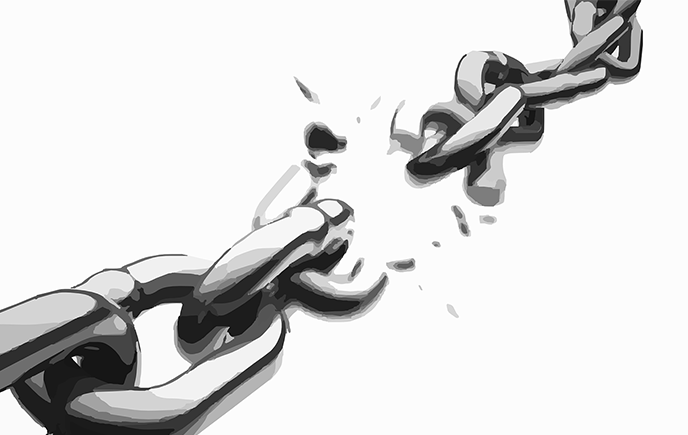In this article
How Safe is your MRO Supply Chain?
We all remember when that devastating Japanese tsunami struck in 2011, but one of the untold industry stories was the potential threat it placed on the MRO Supply Chain. Several industry sectors, many overnight, went from feeling totally stable in the ability of their Japanese suppliers, continuing to meet deadlines, to wondering when, and even if, facilities would reconvene and the supply chain would resume.

However, natural disasters like these are just one threat to the MRO supply chain – which is characterised by fragmentation and, by nature, is prone to inefficiencies, as it’s typically more complex than they direct supply chain.
Managing and maintaining those relationships is potentially costly, by pivotal, and all supply chains should be regularly audited.
So you may ask, what are some of the obvious risks?
It doesn’t take a tsunami for security of supply to become a problem. Labour disputes, transportation difficulties and supply problems, even much further down the chain, can all stop a shipment – so, having relationships with alternative suppliers is vital.
Product quality – one of the biggest and simplest mistakes a company can make, is basing their supplier connections solely on price. The temptation for the supplier will be to win the business and strip the cost out the manufacturing process, effectively, improving margins by reducing product quality.
Also a risk are non-conforming products. Both UK and EU regulations continue to set the bar even higher in terms of the demands on products, particularly when it comes to energy efficiency and their impact on the environment. The risk of non-conforming products entering the MRO supply chain include the cost of fines, additional transactions, repairs and scrappage.
And let’s not forget, counterfeit products. The fact of the matter is, many countries around the world have no patent or copyright protection, which leaves them free to pass off inferior quality products as the real deal.
What do we suggest then? In short, our advice to those in industry trying to manage their indirect supply chain is to gain control by giving up control. Global distributors like ERIKS will do the heavy lifting for you – auditing suppliers, monitoring changes to regulations, ensuring your production facility is compliant, and more crucially, offering alternative sources if your regular brand lets you down.
That is the real value in an indirect supply chain, and why it’s not always best to go direct. If you’d like further information, why not contact us or give us a call on 0121 508 6000.
#ERIKS #LetsMakeIndustryWorkBetter #Safety #MROSupply #Supply #Chain #Security

